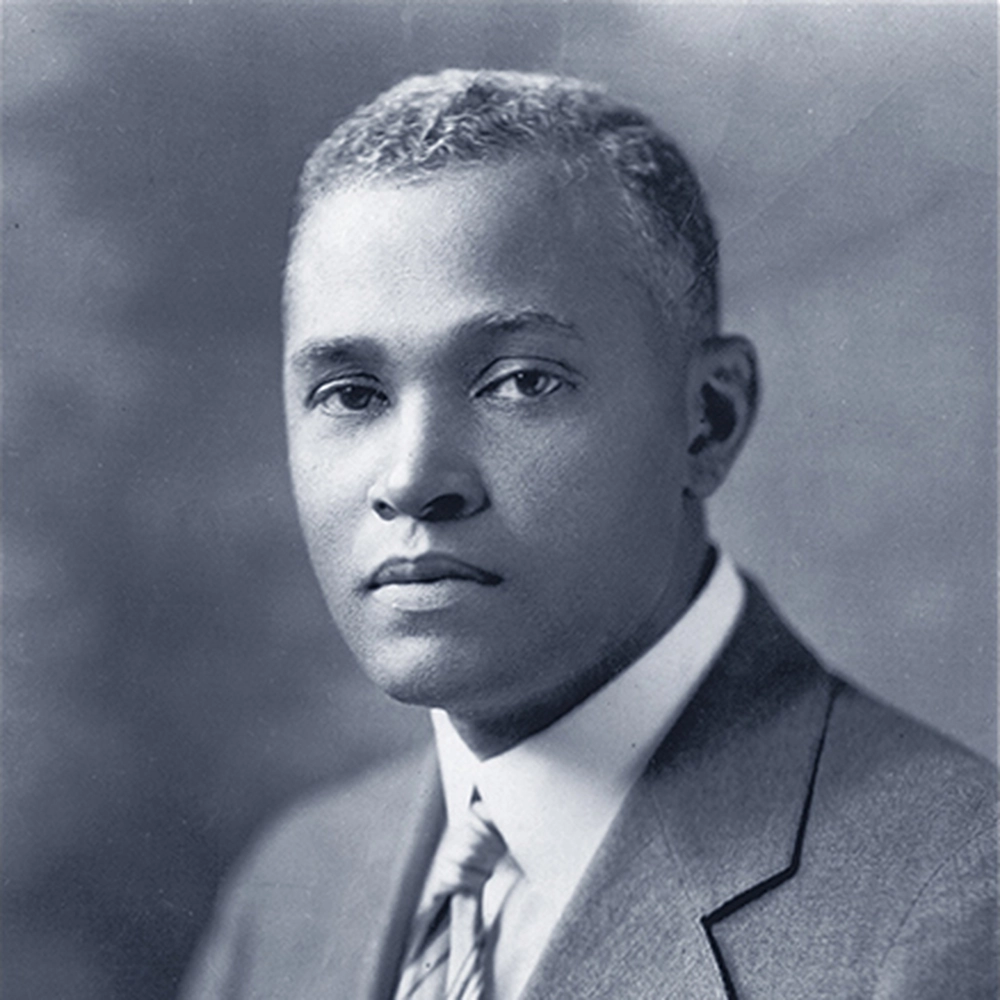
Four postdoctoral associates from across the country will share their research during the St. Elmo Brady Postdoctoral Inclusive Excellence Symposium on June 8-9, 2023.
The Department of Chemistry at the University of Illinois Urbana-Champaign created the St. Elmo Brady Postdoctoral Inclusive Excellence Symposium in 2020 to highlight the work of talented postdoctoral researchers from traditionally underrepresented groups. The department invites the researchers to the Illinois campus to present their work to students and faculty.
The symposium is named in honor of St. Elmo Brady, who became the first African American to earn a PhD in chemistry in the United States when he graduated from the University of Illinois in 1916. This selective award aims to recognize the significance of sustainable diversity initiatives towards increasing the inclusion of underrepresented groups in advanced STEM careers.
This year's symposium is a free in-person event. All students and faculty on the UIUC campus are invited to attend and learn more about the research of these four presenters.
Thursday, June 8
Awards Ceremony and Seminar One
3:00 - 4:30 p.m.
Chem Annex 1024
Reception following seminar.
4:30 - 5:30 p.m.
CLSL-A Atrium
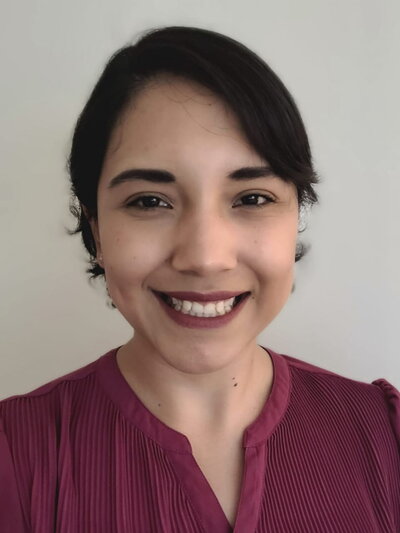
Dr. Ana C. Garcia Alvarez is a postdoctoral scholar at the University of California, Irvine, where she is working on bimetallic systems for carbon dioxide electroreduction. She received a BS in chemistry at the Autonomous University of Mexico State working on lanthanides and main group chemistry and a master’s degree and PhD at the National Autonomous University of Mexico (UNAM) working on the synthesis and characterization of cubane-type complexes for water oxidation under supervision of Professor Ivan Castillo. She is an active member of LatinXChem and was selected to participate in the 2023 CAS Future Leaders program.
“Exploration of heterobimetallic complexes for electrocatalytic CO2 reduction”
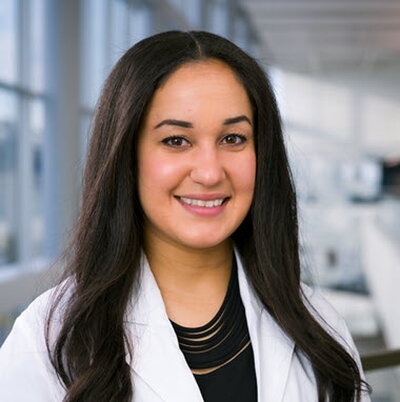
Dr. Melanie Rodriguez is a postdoctoral fellow at the University of Texas Southwestern in the Tambar Lab where she has synthesized kinase inhibitors as therapy for TNBC and more recently protein degraders for prostate cancer. She completed her undergraduate studies at the University of Puerto Rico-Rio Piedras focusing on neural circuit research and completed her PhD at Rutgers University where she did organic chemistry research focusing on organocatalytic methods to access medicinally relevant scaffolds. In her independent career, she is interested in focusing on protein modulation under pathogenic conditions via innovative chemical methods.
Friday, June 9
Seminar Two
3:30 - 4:30 p.m.
Chem Annex 1024
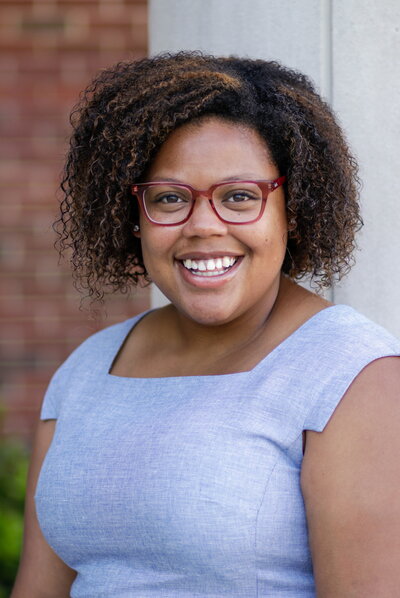
Dr. Lauren Hagler (PhD, '20) is an Illinois alum and a Howard Hughes Medical Institute Hanna H. Gray postdoctoral fellow at Stanford University, where her research focuses on predicting how the structure of RNA inside a cell will affect downstream gene expression for any RNA sequence or disease mutation using chemical biology. She completed her PhD in 2020 at UIUC under the advisement of Professor Steve Zimmerman working on the development of small molecule drugs to target toxic RNAs. In her independent career, she will use biophysical models of RNA folding to predict and modulate gene expression for therapeutic intervention.
“Helping People through RNA Chemical Biology and Structure”
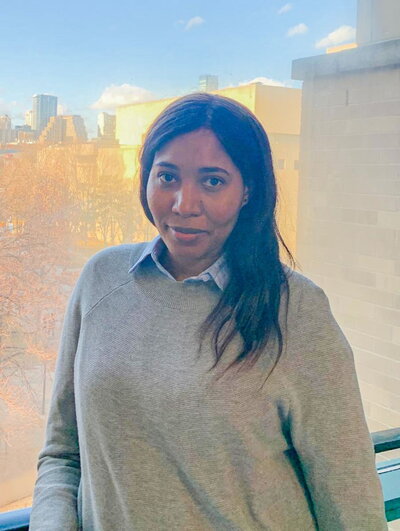
Dr. Jeanne N'Diaye is a Beckman-Brown Postdoctoral Fellow at the Beckman Institute for Advanced Science and Technology at UIUC where she is working with professors Joaquín Rodríguez-López in chemistry and Rohit Bhargava in bioengineering and chemistry. Her research focuses on the study of electrochemical interfaces probed through advanced spectroscopic methods, to understand phenomena which can affect the electrochemical capture and release of carbon dioxide. She received her bachelor’s and master’s degrees in chemistry from the Université du Québec à Montréal and her PhD in materials science and engineering from the University of Toronto in Canada, where she developed and studied nanocomposite materials for electrochemical capacitors.
"Functional electrochemical interfaces to address Energy Storage and CO2 capture"